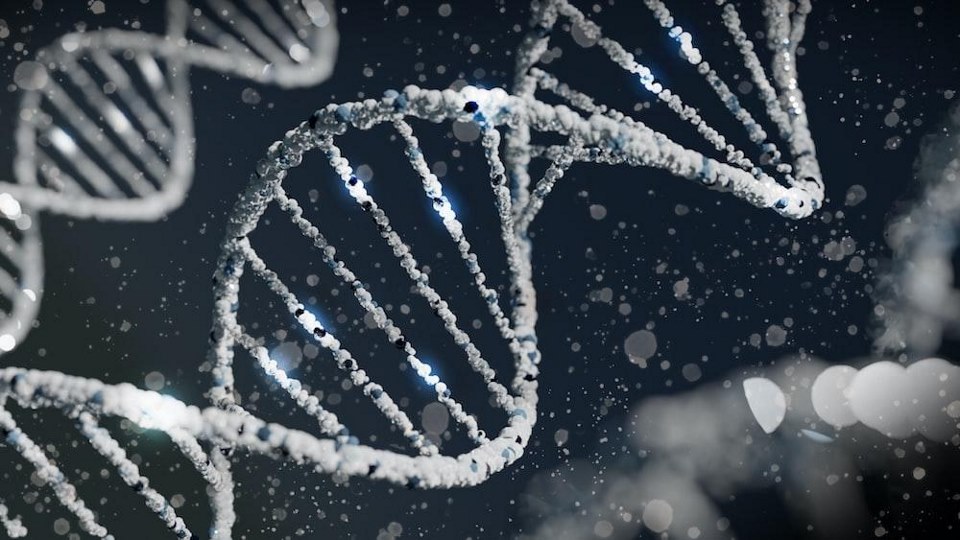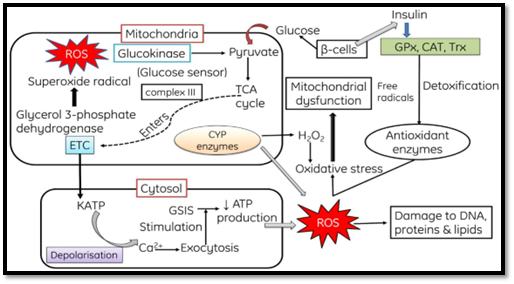
Recombinant Proteins: Enhancing Research with High-Quality Proteins
Recombinant Proteins: Enhancing Research with High-Quality Proteins
Recombinant proteins are proteins expressed upon incorporation of a transgene into the genome of the host cell and utilizing the host cell's machinery for protein synthesis.
This revolutionary technology has transformed protein production by allowing researchers to produce large quantities of proteins with specific structures and functions.
The recombinant proteins find applications in gene regulation studies, structural research, functional studies, disease research, and immunology research, among others. They provide researchers with tools for comprehending protein function and cellular interactions, thereby advancing the fields of molecular biology. Other than basic research, they have wide applications in disciplines such as biotechnology, drug discovery, and diagnostics.
Production of Recombinant Proteins:
The production of recombinant proteins used to be a specialized task reserved for scientific experts. Now a days, it has become a well-established and widely used recombinant technique, thanks to the availability of simple and commercially available systems. Despite these advancements, the process still reserved several challenges such as bewildering array of choices
Which system is best for expressing the protein?
Which expression vector should be chosen?
Should the protein be expressed in its full-length or as a partial sequence?
Is it necessary to tag the protein?
What is the best method for purifying the protein?
Producing recombinant proteins involves making numerous important decisions. Choosing wisely can result in high-quality recombinant proteins, increasing the likelihood of successful follow-up experiments. However, poor decisions may result in failure to obtain the desired protein or issues with its purity and quality.
Insights into Protein Production
Proteins play a fundamental role in life, controlling all biochemical reactions and providing structure to organisms. Additionally, they transport vital molecules and function in the body's defense as antibodies. According to the central dogma of molecular biology, the blueprints for proteins are stored in DNA and then an intermediary template, messenger RNA (mRNA), transfer the genetic information from the DNA to the protein via the transcriptional and translational process. (Figure 1)
Figure 1: Central dogma of molecular biology
Protein Expression:
Protein expression is a process of aiming for high yields of proteins. Two major steps in this gene-to-protein process are transcription and translation. This is normally achieved by manipulating the expression of a gene in an organism to overexpress a recombinant gene. To obtain sufficient quantities of the protein of interest, techniques such as strain selection, codon optimization, fusion systems, co-expression, mutagenesis, and isotope labeling are commonly employed
Protein purification is a step to isolate proteins from samples such as cell lysates or media. This process involves protein refolding and cleavage of fusion moieties, coupled with several chromatography techniques.
At the research scale, protein purification focuses on chromatographic techniques. Before taking up the identification and study of a specific protein, it must be separated from and purified in a complex mixture. Essentially, the process of purification entails the separation between protein and non-protein components and the isolation of the desired protein from other proteins. To achieve this in an efficient way, the purification process should be optimized so that the fewest possible steps are involved.
A wide number of protein purification methods are available which can be combined to create an effective purification process. Typically, a series of purification steps is executed, as it is rare to achieve protein purification in a single step.
Most purification protocols start with low-resolution, high-capacity operations. Fractional precipitation and two-phase partition systems are most common methods used for the low-resolution purification of proteins. Chromatography is used for the selective purification of the protein of interest when the highest purity is required and only relatively small amounts of protein are needed.
Chromatography Methods Used in Protein Purification
Protein Purification by HPLC
Protein Purification by Ion Exchange Chromatography
Protein Purification Affinity Chromatography
Protein Expression System
Protein production is a biotechnological process for generating certain proteins. Commonly used protein production systems are those derived from bacteria, baculovirus/insect cells, mammalian cells, and yeast.
Key to success is proper expression system choice for the particular application. The critical parameters are protein solubility, functionality, and purification speed and yield. Every system has its benefits and challenges, so choosing the most suitable expression system for your needs becomes very important.
Bacterial Protein Expression System
Mammalian Transient Protein Expression System
Baculovirus Expression System
Protein Production Process
Protein production in cells occurs in two stages: transcription and translation, collectively known as the central dogma of molecular biology. The steps of recombinant protein expression are essentially the same as cellular protein expression.
For recombinant proteins production, the gene of interest is isolated and cloned into an expression vector. This process requires a protein expression system, a protein purification system, and protein identification systems.
Basic Steps to Produce Recombinant Proteins:
Amplify the gene of interest.
Insert the gene into a cloning vector.
Subclone the gene into an expression vector.
Transform the expression vector into a protein-expressing host, such as bacteria (E. coli), yeast, mammalian cells, or a baculovirus-insect cell system.
Identify the recombinant protein with Western blotting or fluorescence.
Produce the protein in vast quantities using large-scale fermentation.
Isolate and purify the protein.
The recombinant proteins are generally produced by two methods:
Molecular Cloning (Figure 2)
Polymerase Chain Reaction
The major difference between the two methods is that the molecular cloning incorporates the replication of the DNA with in a cell, whereas in PCR DNA replicates in the tube, without the living cells.
Figure 2: Diagrammatic representation of steps of recombinant protein production
Cloning Process:
Gene of interest is cut out with restriction enzymes (RE)
Similarly, host plasmid is also cut with the same RE
Gene is inserted into the plasmid and ligated with ligase enzyme.
New (engineered) plasmid inserted into bacterium (transformation)
Applications of Recombinant Proteins:
Therapeutic Recombinant Proteins
Hematopoietic growth factor
Interferon’s
Recombinant hormones & enzymes
Recombinant Cytokines and Growth Factors
Recombinant protein vaccines
Tissue/bone growth factors and clotting factors
Biological response modifiers
Monoclonal/Diagnostics/Therapeutic antibodies
Recombinant proteins have revolutionized science and medicine, providing essential tools and treatments that improve health, advance research, and enhance industrial and agricultural processes.
BTL Biotechno Labs Pvt. Ltd. is a leading supplier of recombinant proteins in India, dedicated to providing high-quality products for research, clinical, and industrial applications.
Product Features:
BTL Biotechno Labs Pvt. Ltd. provide over 11,000 recombinant proteins, targeting vast range of genes and biomarkers.
Expressions System: E. coli, yeast, baculovirus-infected insect cells, mammalian cells, and in vitro E. coli.
Sourcing from Multiple Species: Human, mouse, rat, rabbit, guinea pig, chicken, monkey, and pig. Additionally, we also offer animal-free recombinant proteins, ensuring no exposure to animal byproducts.
Multiple Tags: His, GST, Flag, and MBP
Applications: Antigen preparation, cell assays, binding assays/protein-protein interactions, cell culture with serum-free medium, drug-related studies, enzymatic activity in vitro, ELISA standards and raw materials, in vivo studies, mass spectrometry standards, protein chips, SDS-PAGE controls, and protein structure analysis (crystallography/electron microscopy).
With competitive pricing and fast delivery, BTL Biotechno Labs Pvt. Ltd. is a premier supplier of high-quality recombinant proteins supporting advancements in research and development across various fields.
For more details, please connect with us at
For product details, please connect with us at info@biotechnolabs.com.








